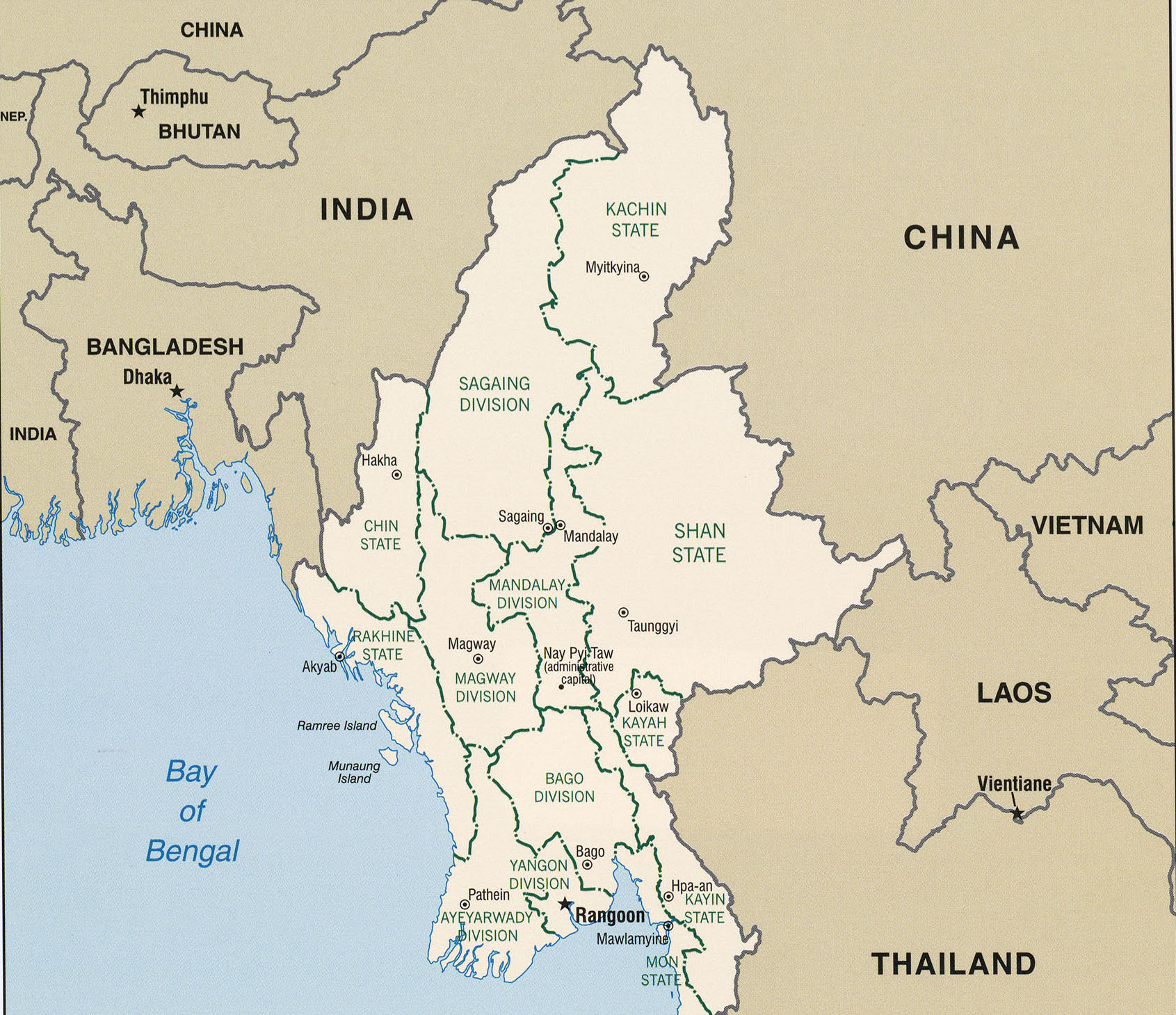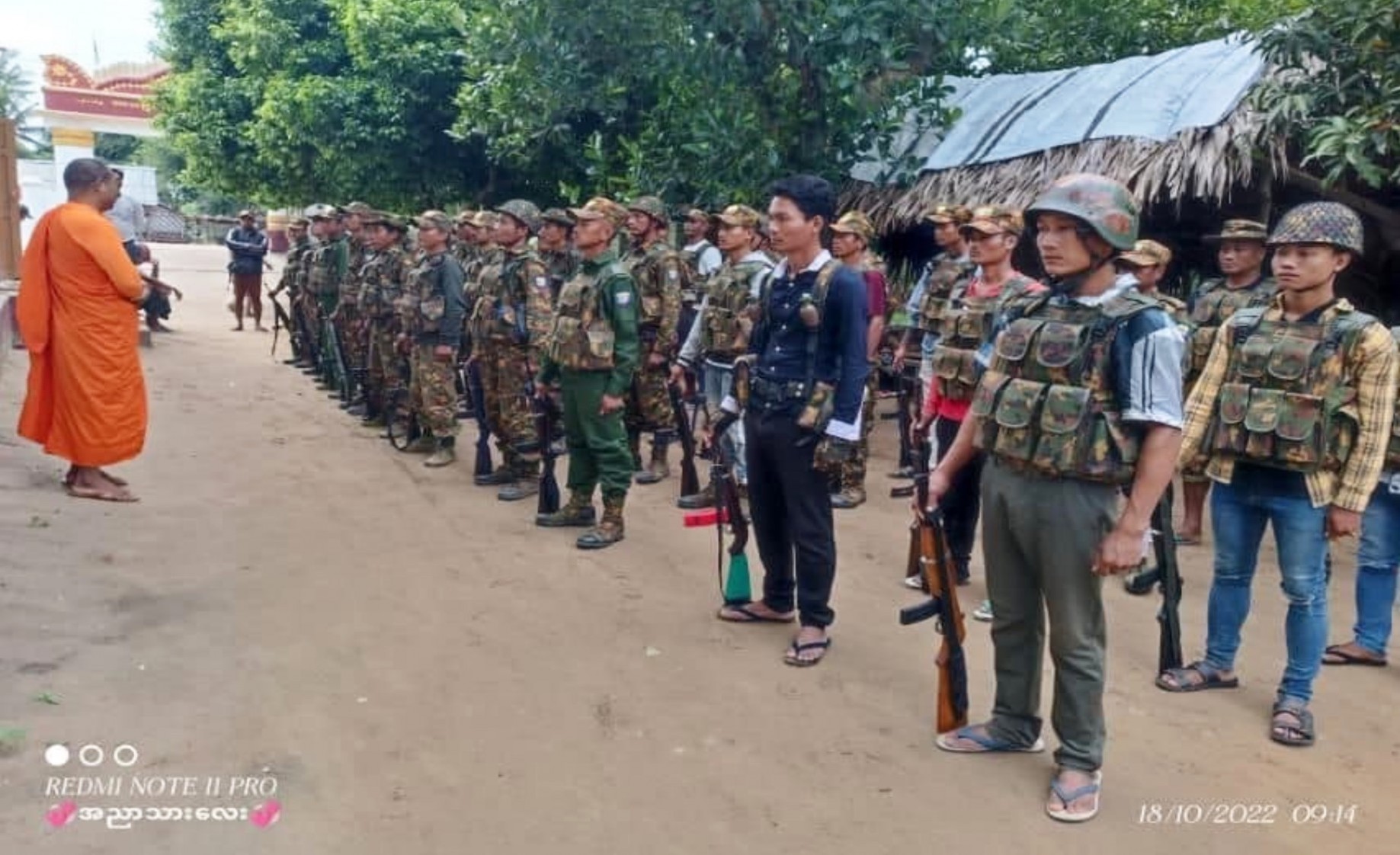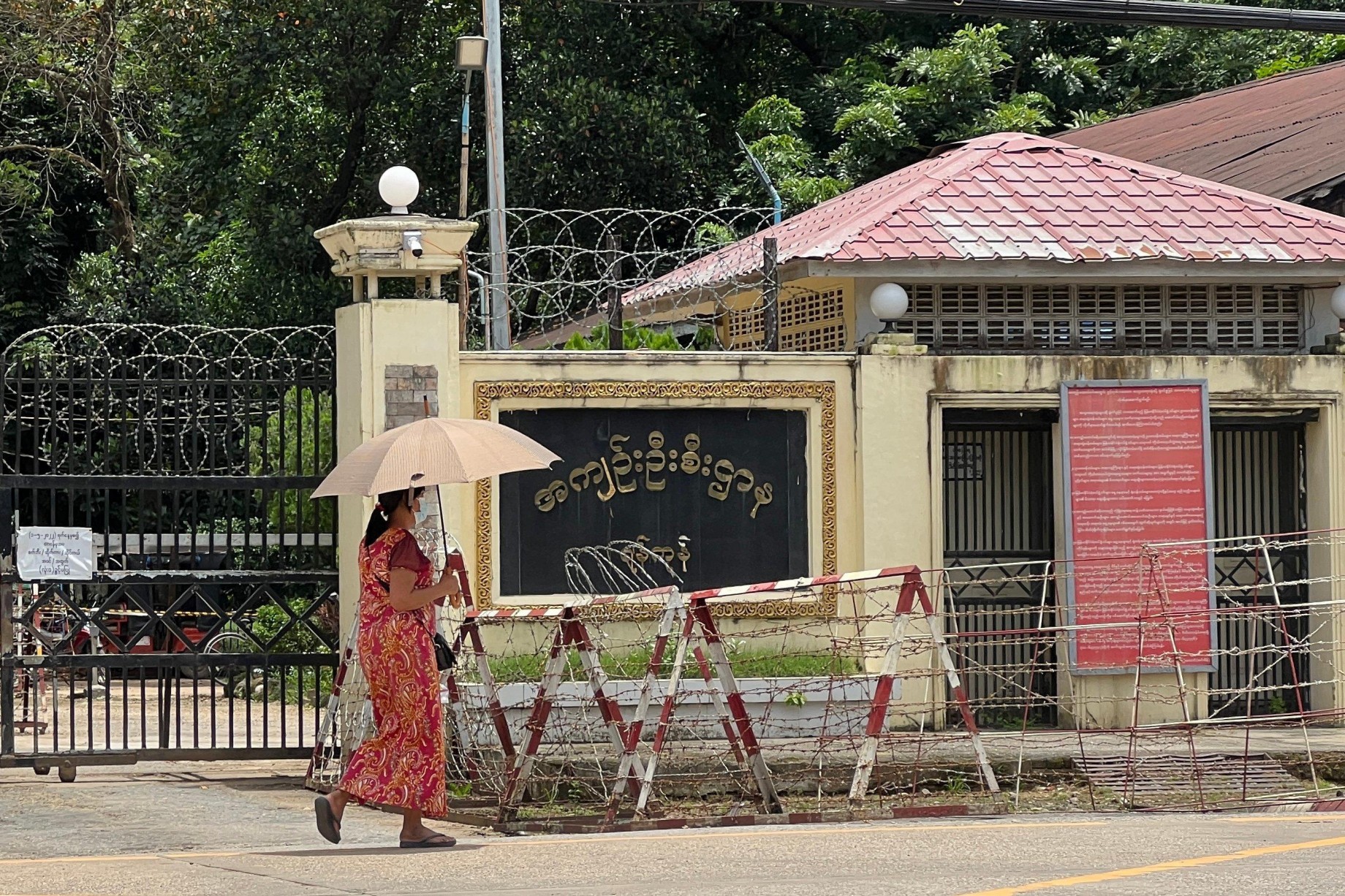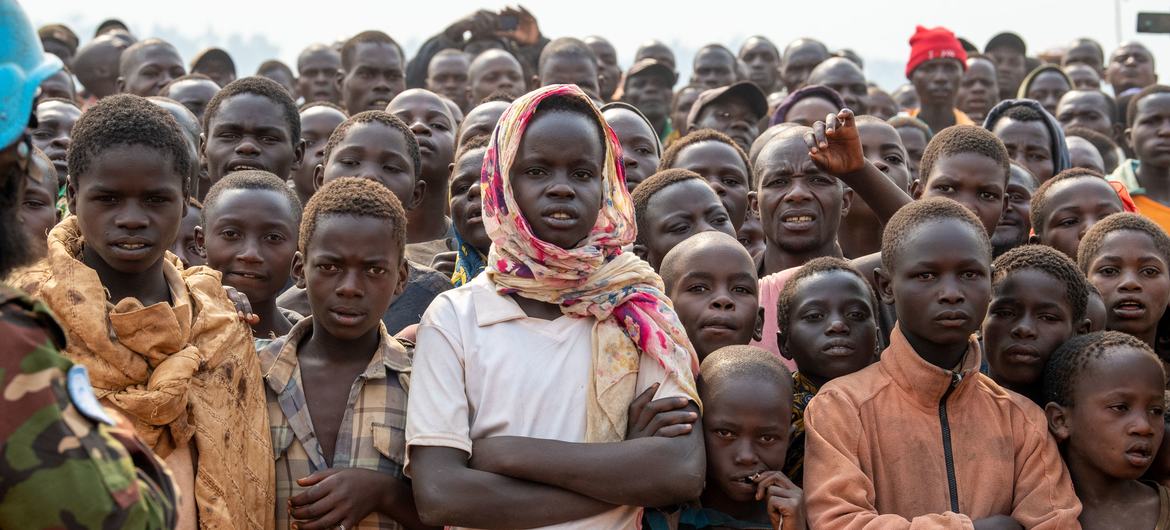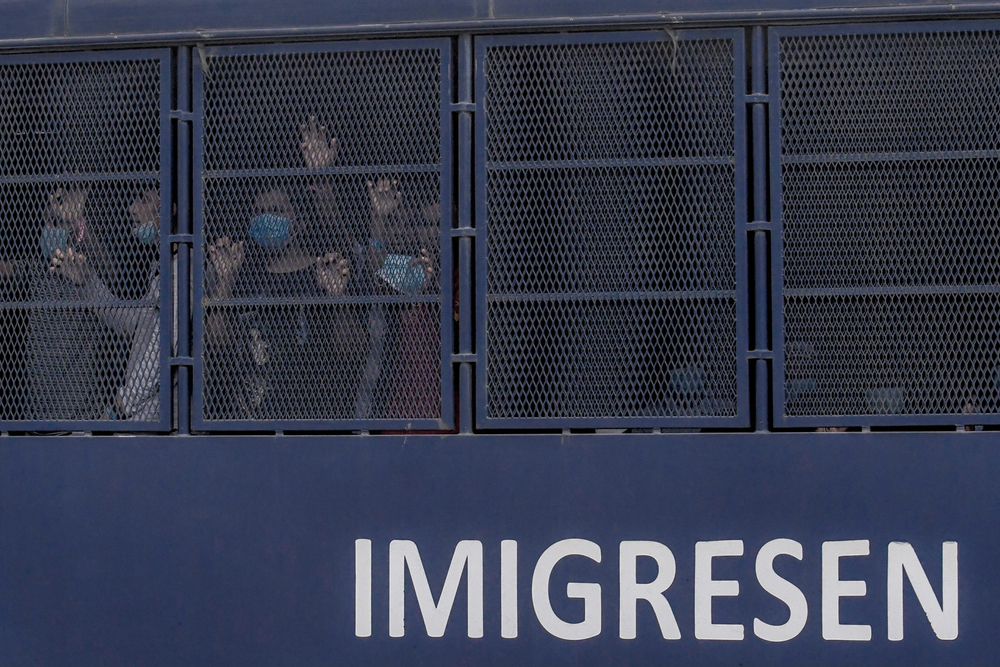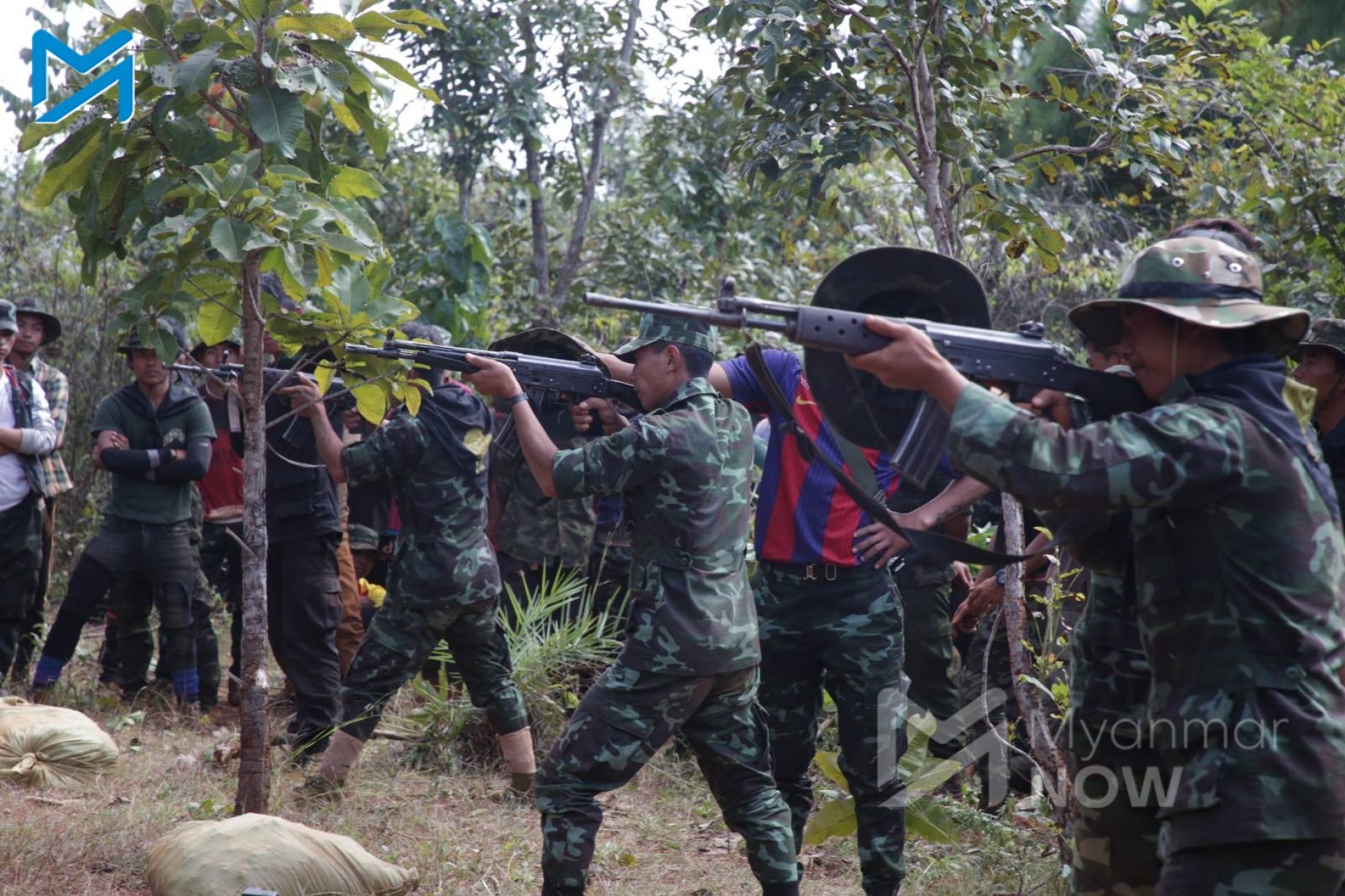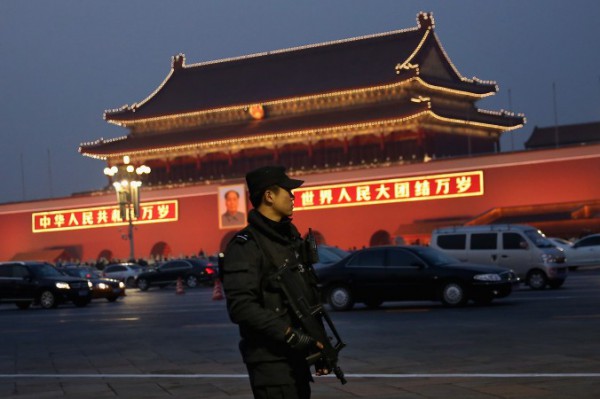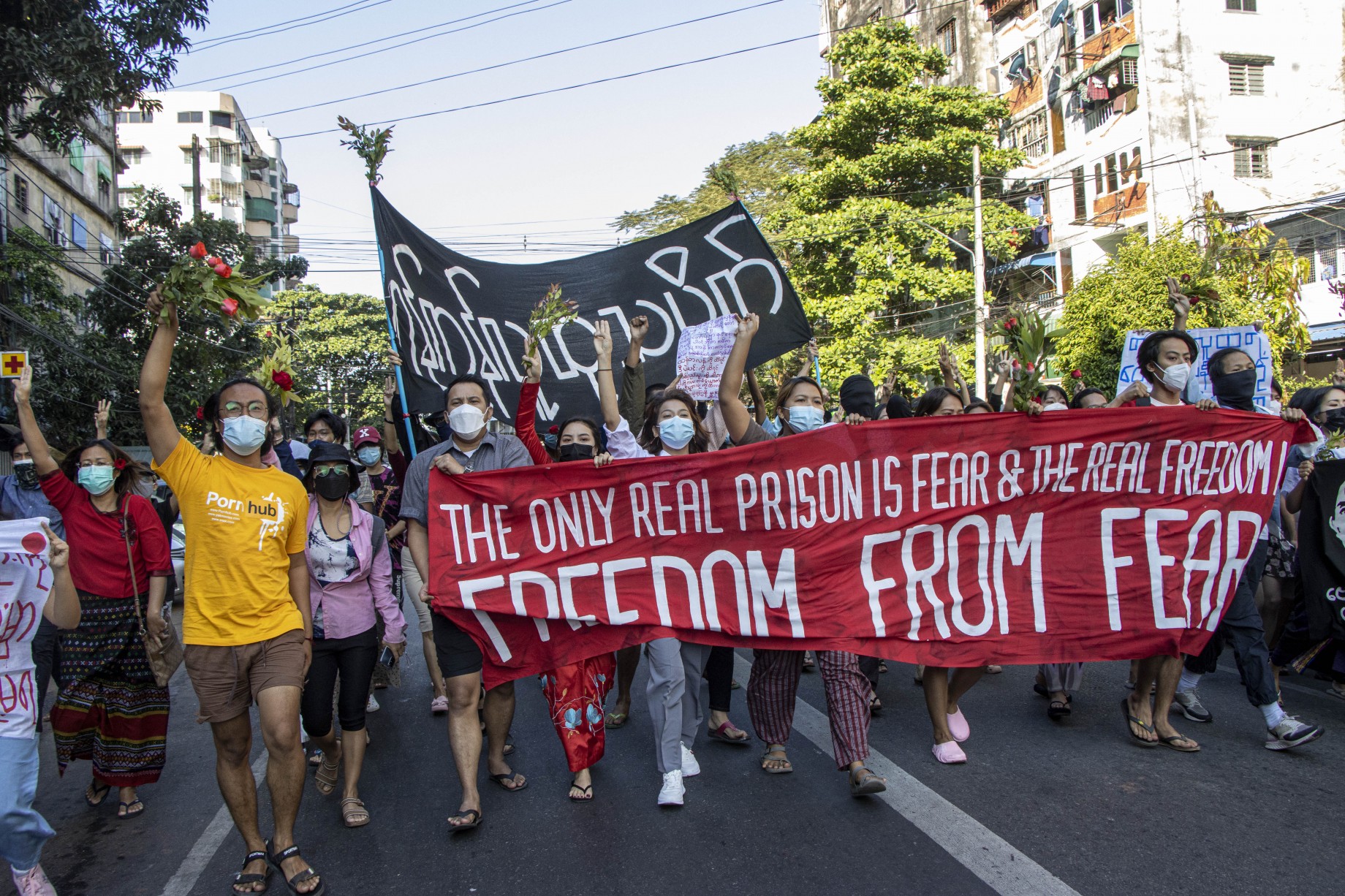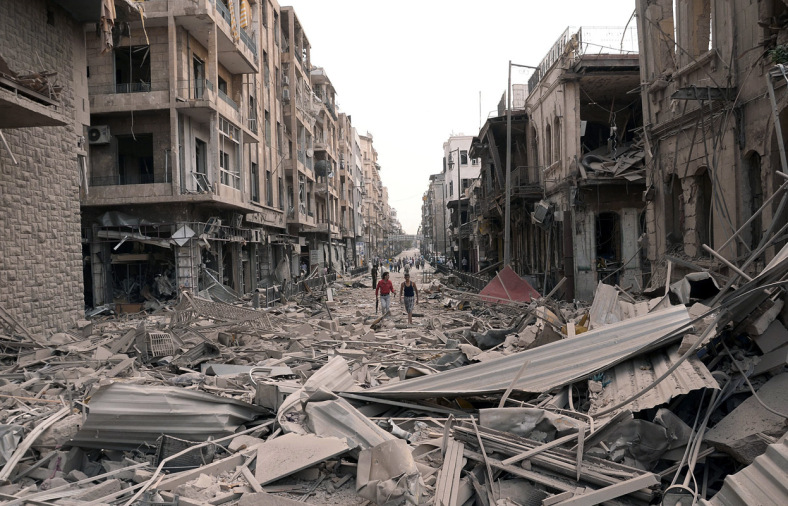Podcast: against global paramilitarism
In Episode 168 of the CounterVortex podcast, Bill Weinberg examines the suddenly booming global phenomenon of paramilitarism—the official armed forces of a given state or its repressive apparatus seeking an extension in the private sector, citizen militias, or irregular forces. This is a method generally resorted to when state power is in crisis, and contributes to a general militarization of society. Examples from Russia, West Africa, Sudan, Burma, Ecuador, Israel and finally Texas point to a dangerous and ultimately fascistic new model of both imperialism and internal policing and repression. Listen on SoundCloud or via Patreon. (Photo: Contagio Radio)



